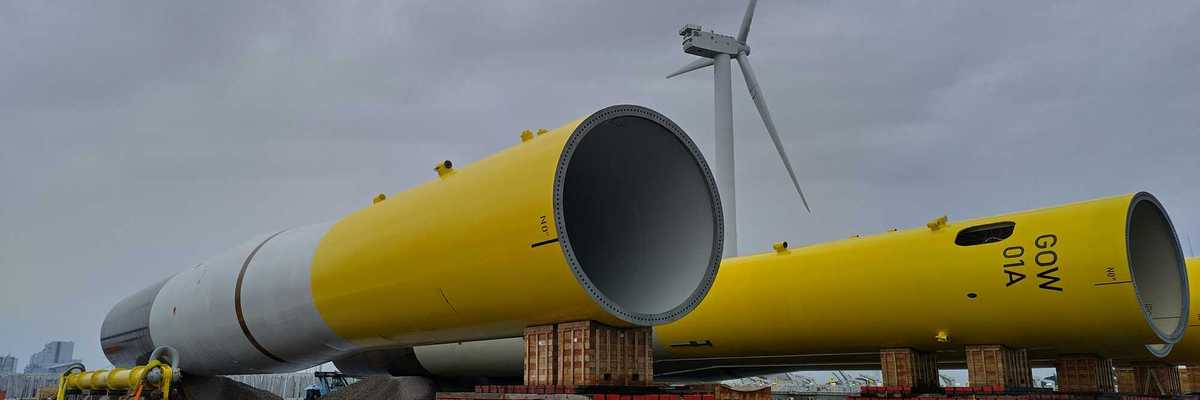arctic ecosystems
Global plastics negotiations include a focus on Arctic Indigenous peoples' concerns
As world delegates prepare for a crucial U.N. meeting in Canada, Arctic Indigenous communities emphasize the urgent need to address plastic pollution impacting their health and environment.
In short:
- Delegates from nearly 180 countries will meet in Ottawa on April 23 to progress a treaty aimed at curbing plastic pollution, considering the lifecycle of plastics from production to disposal.
- Arctic Indigenous representatives will present new scientific findings on the presence of harmful plastics in traditional foods like walruses and seals, highlighting the risks to their communities.
- The negotiations, which have previously stalled, are seen as a critical opportunity to establish a comprehensive global agreement by year's end.
Key quote:
"To learn that these microplastics are ending up in our main foods, but also in our bodies, is yet another alarm for the decision makers."
— Vi Waghiyi, environmental health and justice director, Alaska Community Action on Toxics
Why this matters:
The outcome of these talks is important not only for global environmental health but also for the health outcomes of Arctic populations, who are disproportionately affected by pollution due to their subsistence lifestyles. Read more: “Plastic will overwhelm us:” Scientists say health should be the core of global plastic treaty.
Inuit app SIKU blends traditional knowledge with tech for environmental tracking
An innovative app developed by Inuit communities, SIKU, is redefining the integration of traditional knowledge and scientific data to empower Indigenous groups across the Arctic in environmental monitoring and decision-making.
In short:
- SIKU, meaning "sea ice" in Inuktitut, is a social network that enables users to document and share observations on wildlife, sea ice conditions, and local foods, fostering a unique blend of traditional and scientific knowledge.
- The platform, developed with the Arctic Eider Society, has gained traction since 2015, now boasting more than 25,000 users from at least 120 communities, who have made more than 75,000 posts.
- It supports crucial community-driven decisions and research, with features like GPS tracking for safety on the ice, and data collection on environmental changes and wildlife management.
Key quote:
“It’s part science and part Inuit knowledge. It can work both ways, instead of one dominating the other.”
— Lucassie Arragutainaq, cofounder of the Arctic Eider Society
Why this matters:
SIKU is more than an app; it's a testament to the power of Indigenous knowledge in shaping environmental policy and research. Learning from Indigenous people may be vital to meeting the existential challenge of the climate crisis.
Indigenous Guardians protect their culture of cold in a heating world
Masked against the Arctic glare in orange-tinted sunglasses, Tad Tulurialik is a modern conservation “Guardian” of his fast-melting homeland.
The weirdest reason the poles are warming so fast? Invisible clouds
Why polar bears are no longer the poster image of climate change
Corn harvests in the Yukon? Study finds that climate change will boost likelihood that wilderness gives way to agriculture
As new areas become suitable for planting, researchers predict that vast swaths of biodiversity will be at risk, particularly in northern regions and the tropics.









